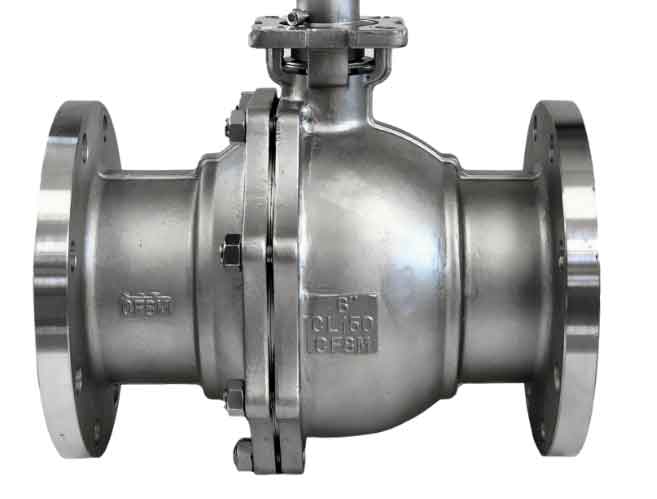When selecting a ball valve for corrosion resistance, choosing the appropriate material is crucial. Here are some commonly used materials and their corrosion resistance properties:

- Stainless Steel: Stainless steel is a popular choice for ball valves due to its excellent corrosion resistance. It is resistant to various corrosive environments, including water, steam, chemicals, and many acids. Different grades of stainless steel, such as 316 stainless steel (SS316), offer enhanced resistance to chloride-induced corrosion and are suitable for marine applications.
- Brass: Brass is commonly used in ball valves for residential and commercial applications. It provides good general corrosion resistance and is resistant to water, non-oxidizing acids, and some alkalis. However, brass may not be suitable for corrosive environments containing chlorides or strong acids.
- Bronze: Bronze, an alloy of copper and tin, is known for its corrosion resistance and durability. It is often used in marine and seawater applications. Bronze ball valves offer good resistance to corrosion from seawater, brine, and various chemicals.
- PVC (Polyvinyl Chloride): PVC ball valves are suitable for applications where chemical resistance is required. PVC is resistant to many acids, alkalis, and non-oxidizing chemicals. However, it is not recommended for use with aromatic hydrocarbons or strong oxidizing agents.
- CPVC (Chlorinated Polyvinyl Chloride): CPVC is a thermoplastic material that offers enhanced chemical resistance compared to PVC. It is commonly used in corrosive environments where higher temperatures are involved. CPVC ball valves are resistant to acids, alkalis, and many chemicals.
- Duplex Stainless Steel: Duplex stainless steel, such as SAF 2205, provides excellent corrosion resistance in challenging environments. It offers high resistance to pitting, crevice corrosion, and stress corrosion cracking. Duplex stainless steel ball valves are suitable for applications involving corrosive fluids, chloride-containing environments, and offshore operations.
- Hastelloy: Hastelloy alloys, such as Hastelloy C276, are highly corrosion-resistant and can withstand aggressive chemical environments. They offer excellent resistance to a wide range of corrosive media, including acids, alkalis, and oxidizing agents. Hastelloy ball valves are commonly used in chemical processing, petrochemical, and oil and gas industries.
- Titanium: Titanium is known for its exceptional corrosion resistance, particularly in highly aggressive environments. It is resistant to a wide range of corrosive media, including seawater, chlorides, and various acids. Titanium ball valves are utilized in industries such as chemical processing, desalination, and offshore applications.
When selecting a ball valve material for corrosion resistance, consider factors such as the type of fluid, temperature, concentration, and the specific corrosive elements present in the environment. Consult with valve manufacturers or industry experts to determine the most suitable material for your application, ensuring optimal performance and longevity while maintaining resistance to corrosion.
